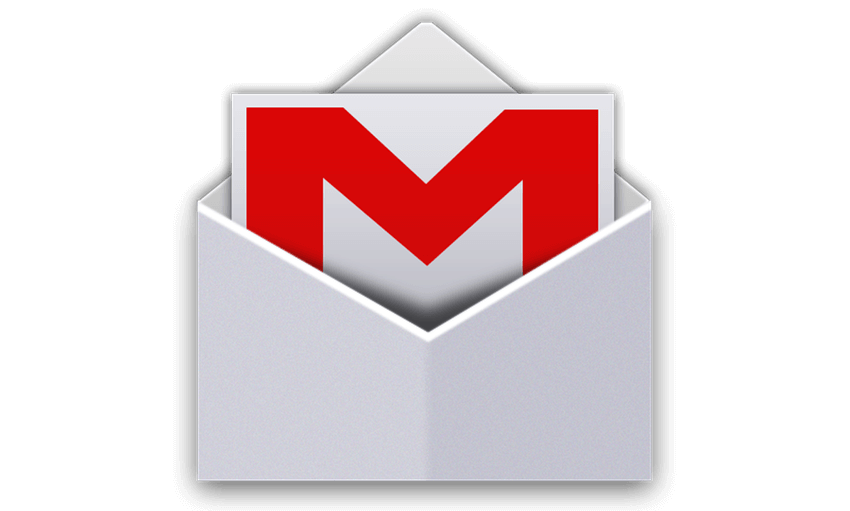Remember a free Gmail app you installed years ago and then forgot about? He probably still has access to electronic your mail and collect your data. 
Douglas MacMillan, of Wall Street Journal, us recalled a problem we are talking about every three and a bit: Some applications during installation ask for permissions and we allow them to have them. But then we forget it.
This fact is of course exploited by some "free" (and not only) applications to have full access to your email.
What MacMillan says:
One such company is Return Path Inc., which collects data for advertisers by scanning the inboxes of more than two million people who have signed up for one of the free apps in its partner network. Return Path collects every Gmail, Microsoft Corp ή Yahoo. Οι υπολογιστές της εταιρείας πραγματοποιούν συνήθως τη σάρωση, αναλύοντας περίπου 100 εκατομμύρια μηνύματα ηλεκτρονικού ταχυδρομείου την ημέρα. Πριν από δύο χρόνια περίπου, οι υπάλληλοι της Return Path διάβαζαν περίπου 8.000 μηνύματα ηλεκτρονικού ταχυδρομείου για να βοηθήσουν στην ανάπτυξη του software, say those familiar with the company.
Worried about the idea? And it's just an example given by MacMillan. Think about how many other examples exist from apps that you have accessed, voluntarily or without even knowing it.
Think carefully the next time you find a "free" application that asks you to access your Gmail account or any other email account you use.
It is good to open directly the list of applications you have accessed and remove everything you do not need.
_____________________
- WordPress what you need to do to get your own blog
- Try the Windows 3 Windows File Manager in Windows 10
- Open-Source 5 tools for online protection of your data





